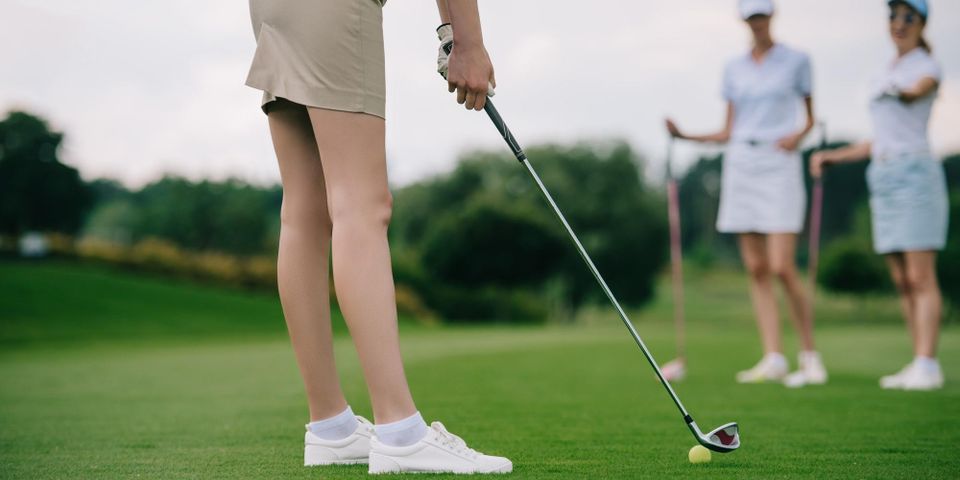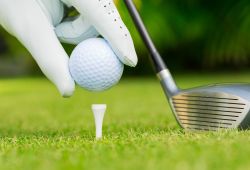
When you head out to the course for tee time, you’re probably thinking of how to approach the next hole. However, have you ever considered the affect that the golf ball can have on your score? If you want to learn more about how to select the right ball for you, consider the following list.
What You Should Know About Golf Balls
1. Compression Influences Play
Compression, or the density of the core, is one of the most important properties of a golf ball. If you opt for a lower compression level, such as 80, you can bet on greater distances but less control. Balls with level 100 compression and higher offer more control and are best for beginners. Once you feel more confident in your swing, switch to a ball with a compression of 90 for extra distance.
2. Cover Affects Spin
 The cover, or outer layer of the ball, can affect your score. The softer it is, the more it will spin, which helps the ball stop on the green instead of rolling off. For the best spin results, use a ball with multi-layer construction and a cover of balata or urethane.
The cover, or outer layer of the ball, can affect your score. The softer it is, the more it will spin, which helps the ball stop on the green instead of rolling off. For the best spin results, use a ball with multi-layer construction and a cover of balata or urethane.
3. Dimples Do a Lot
Have you ever wondered why golf balls have indentations? It’s not just an aesthetic choice—those hundreds of dimples allow golf balls to fly higher and farther. When airborne, these markings allow a thin layer of air to travel further around the ball, reducing drag and optimizing lift force. It may also reduce side spin, so your shots stay straighter.
If you want more insight into the game, turn to Etter's Custom Golf Center in Cincinnati, OH. For nearly 40 years, they’ve helped golfers of all levels improve their skills with lessons and classes. If you want to practice on your own or with friends, you can take advantage of their 16 heated stalls. They also have a custom fitting studio for some golf balls and clubs. To learn more about their facility, visit their website or call them at (513) 563-8661.
About the Business
Have a question? Ask the experts!
Send your question

